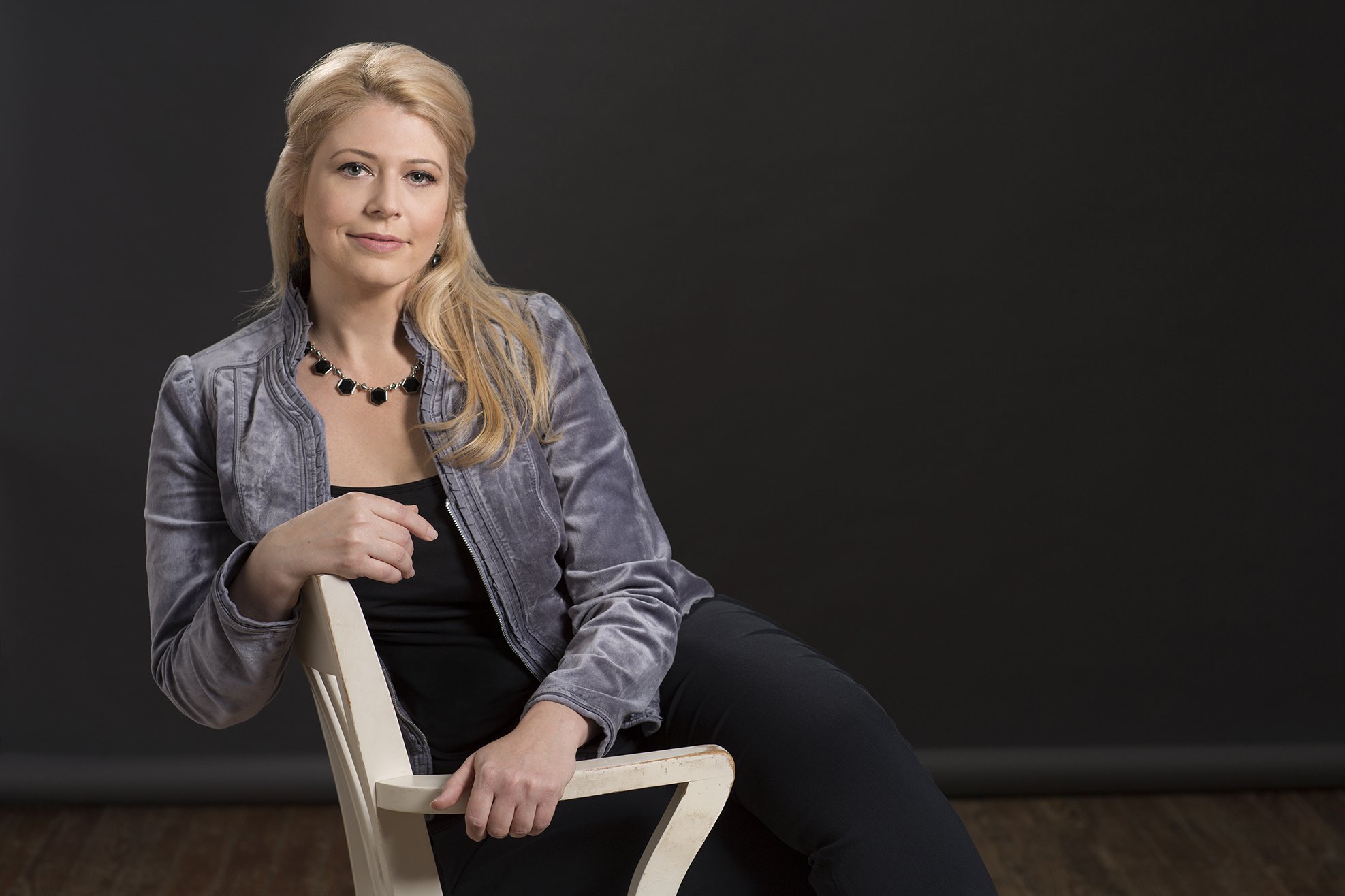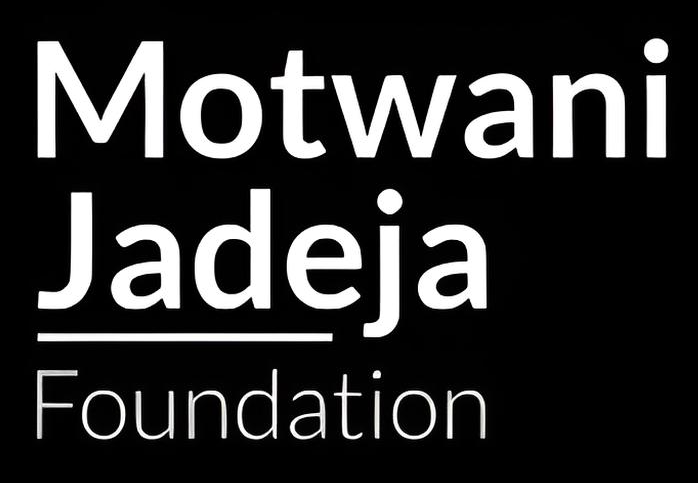Inspired by her elementary teacher who was a mathematician and passionate about science, Dr. Luiza Nogaj, a young girl growing up in Poland, knew that she wanted to study Biology and Chemistry. Although science is not a subject readily associated with women, Dr. Nogaj was an exception. In 2005, she earned her PhD in Molecular Biology, Cell Biology, and Biochemistry from Brown University. Today, Dr. Nogaj is a tenured Associate Professor in the Department of Biological Sciences at Mount Saint Mary’s University in Los Angeles, CA. Furthermore, she has recently co-authored publications on the prevention and progression of type II diabetes, featured in The Journal of Herbal Medicine, Journal of Functional Foods, and The Open Biochemistry Journal.
As an experienced researcher, she engages students with projects and compels them to ask questions that will help them discover the unknown. When asked what her favorite part of research is, she energetically responds that it is the idea of “finding out something that nobody else on the planet knows yet, that’s the part that is exciting for me and exciting for the students.” She says that the act of trying to get an answer is the “best rush.” For example, one of the projects that she and her students are working on this summer is the study of two proteins that are 70% identical but have different effects when it comes to breast cancer. One protein causes breast cancer and the other prevents it. “So we’re trying to figure out why is it that proteins that are that similar to one another have opposite effects just by being present in the cell. We are looking at when are they expressed, how are they expressed, and what happens to them as the cancer grows,” she explains.
By getting her students to be passionately involved and dedicated to their research projects, Dr. Nogaj is leading them towards success. She reveals that one of her students is currently in a PhD program at Cornell University. “I have quite a few of these stories, and it’s amazing how they [the students] develop over the four years,” she proudly relates. These stories of women graduating with a science degree are a reflection of the narrowing gender gaps among the younger generations. According to a 2014 study conducted by the U.S. Census, 46% of science and engineering degrees are held by women in the 25-39 year age group compared with only 28% held by persons 65 years and older.
To Dr. Nogaj, her students’ triumphs are the reason why she teaches and enjoys her profession. She describes her vocation as a selfless act, “When I’m thinking about teaching there’s that decision that I shouldn’t be thinking about myself, promoting myself, but now my goal is to make sure my students are successful.” She finds meaning in showing young women how to be prepared for their future. It is important to her to give them the tools needed to triumph.
One of the ways Dr. Nogaj propels her students towards an enlightened path is by introducing them to global matters. She, along with fellow faculty across departments of Political Science, Physical Sciences, and Health Policy will be investigating the prevalence of cervical cancer in low-income and middle-income communities in Peru. Prior to traveling to Peru, students will undergo an extensive training program that will prepare them for collecting data abroad and in the United States. Dr. Nogaj explained to me that students will be examining the cancer incidences for women who live in an urban area and have access to health care and comparing it to women who live in a rural area and are lacking access to health care. “If they feel part of this huge question and part of this bigger issue, then I think they will be more passionate about a project,” says Dr. Nogaj about her students. Indeed, cervical cancer is a problem affecting women worldwide. According to the World Cancer Research Fund International, cervical cancer is the fourth most common cancer in women. The highest incidence of cervical cancer is found in less developed countries like Peru.
Dr. Nogaj is certain that these kinds of projects will help cultivate confident women because they will have gained a strong background in research. Offering them leadership opportunities like presenting at conferences and directing a project will increase their chances of continuing graduate school and obtaining good job opportunities. Since women tend to take a step back, “I think teaching women how to promote themselves and how to know their worth is the key.” There will be challenges, but “I think that you can’t let anybody tell you that you can’t do something.”



































